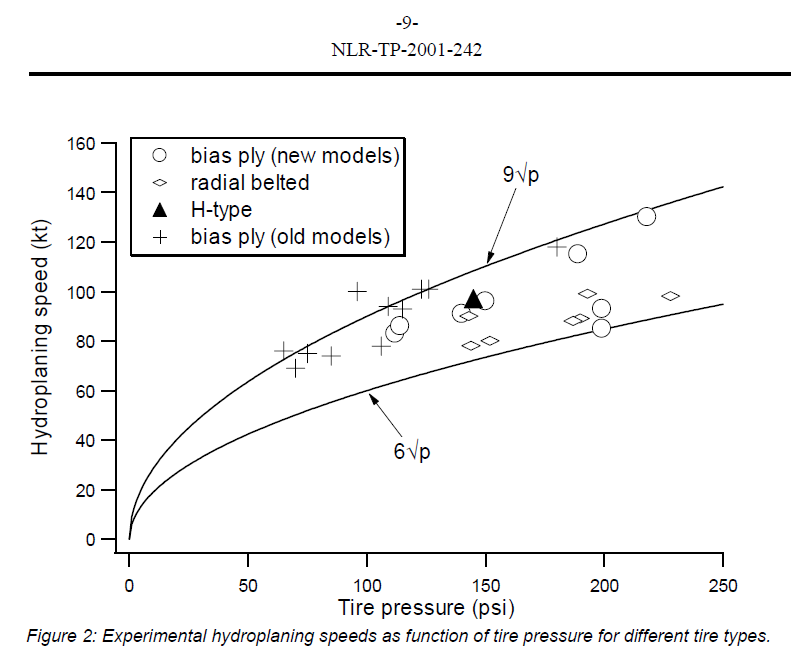Just to add on to what Wilka said about hydroplaning, people involved with the physics of planes landing are particularly interested in hydroplaning. Sheldon Brown of course talks about this.
Even with automobiles, actual hydroplaning is very rare. It is a much more real problem for aircraft landing on wet runways. The aviation industry has studied this problem very carefully, and has come up with a general guideline as to when hydroplaning is a risk. The formula used in the aviation industry is: Speed (in knots) = 9 X the square root of the tire pressure (in psi.)
I've found a chart here which on page 9 includes this plot:

You can see that at the pressures we operate at ones risk of hydroplaning is negligible.
Regarding your concerns about flipping, Sheldon Brown sheldonbrown.com/brakturn.html#overthebars%5C (someone could add the link for me) has a very informative page detailing, "Won't I Go Over The Bars?", which details why you should not be concerned with flipping over the handlebars if you are using your front brake appropriately, and shows that when traction is not an issue using just your front brake is the fastest way you can stop. He also speaks about braking in the conditions your asking about (traction impaired).
As long as I am not braking on a manhole cover I have never had issues stopping in the rain on 23C slick tires using just my front brake.
